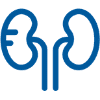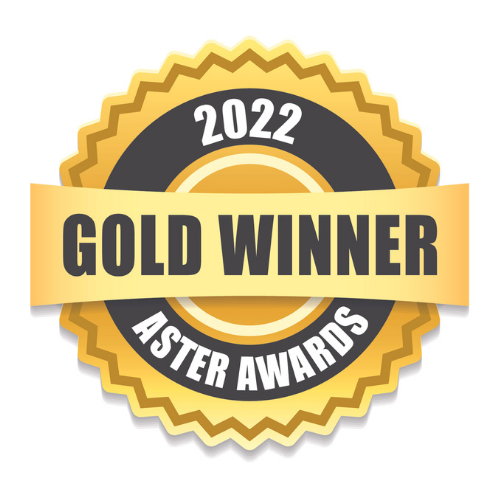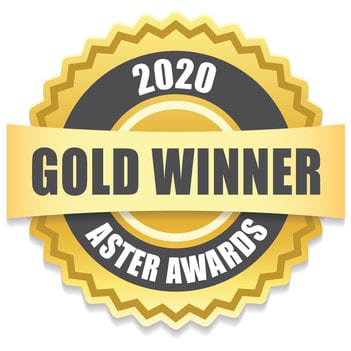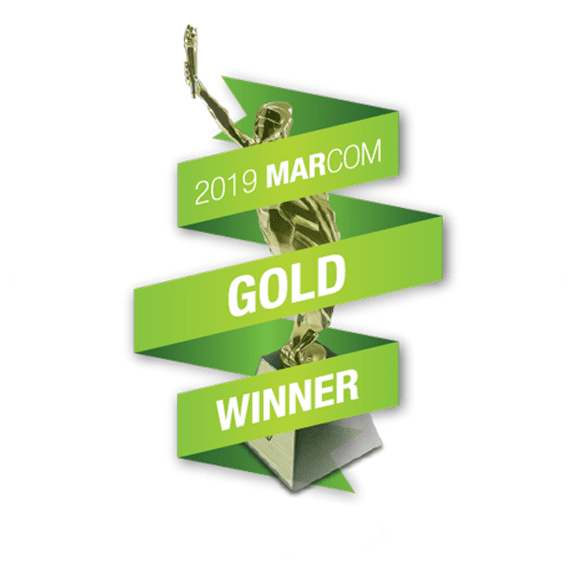
Ask A Dietitian: Kidney-Friendly Eating
If you have chronic kidney disease, are on dialysis or living with a kidney transplant, healthy eating for your kidneys can be difficult or even confusing — should you eat low carb? High protein? High fat?
A registered dietitian (RD) or registered dietitian nutritionist (RDN) is an important member of your health care team who can help you create and follow a kidney-friendly food and fluid plan. RDs are nutrition and food experts with specific education and credentials (or training). Some RDs may also have further kidney disease certification (or training) and be able to provide care specifically for people with chronic kidney disease.
Find a Registered Dietitian Nutritionist
The Academy of Nutrition and Dietetics allows you to search for a qualified registered dietitian nutritionist in your area. Use their Find a Nutrition Expert tool below to find a dietitian who is right for you.
Other ways you can find a dietitian:
- Ask your primary care provider for a referral
- Call a dialysis center near you and ask for a registered dietitian
Working with a Dietitian
Learn more about getting ready for your first dietitian visit and what to expect.
Commonly Asked Questions
We have collected questions from people living with kidney disease and their caregivers. Our team of registered dietitian nutritionists answered and shared their responses. Browse our list of commonly asked kidney-friendly eating questions.
- All
- Cooking Hacks
- Dairy
- Eating Out
- Fluid
- Getting started
- Grains and starches
- Labs
- Phosphorus
- Plant-based
- Potassium
- Protein
- Question
- Resources and Guides
- Substitutes
- Sugar
- Tracking
- Vegetables
What is a good resource to find a renal dietitian post transplant?
Are bananas the only foods that are high in potassium?
What fast food can I eat?
I have PKD, should I change my diet?
I have type 2 diabetes and kidney disease. What food is good for me?
When do you take potassium binders?
How much protein do I need a day?
What does it mean to leach a potato and does it bring down the potassium?
Why do I need to take phosphorus binders if I watch what I’m eating?
Disclaimer
Kidney Kitchen is not designed to diagnose disease or prescribe an eating plan for your stage of kidney disease. The information shared on Kidney Kitchen is developed by experts in renal nutrition and is provided for informational purposes only. The American Kidney Fund, its staff, agents and Trustees are not able to provide medical advice. Please consult with a medical professional or registered dietitian for specific questions you may have about your diet. Learn more
Learn more about healthy eating for your
specific stage of kidney disease
Ask a Dietitian is an important part of the Beyond Bananas™ educational campaign. Beyond Bananas™ resources help you work with your dietitian or health provider to make the best food choices based on your potassium levels, as well as manage key nutrients long term through diet and medication.













